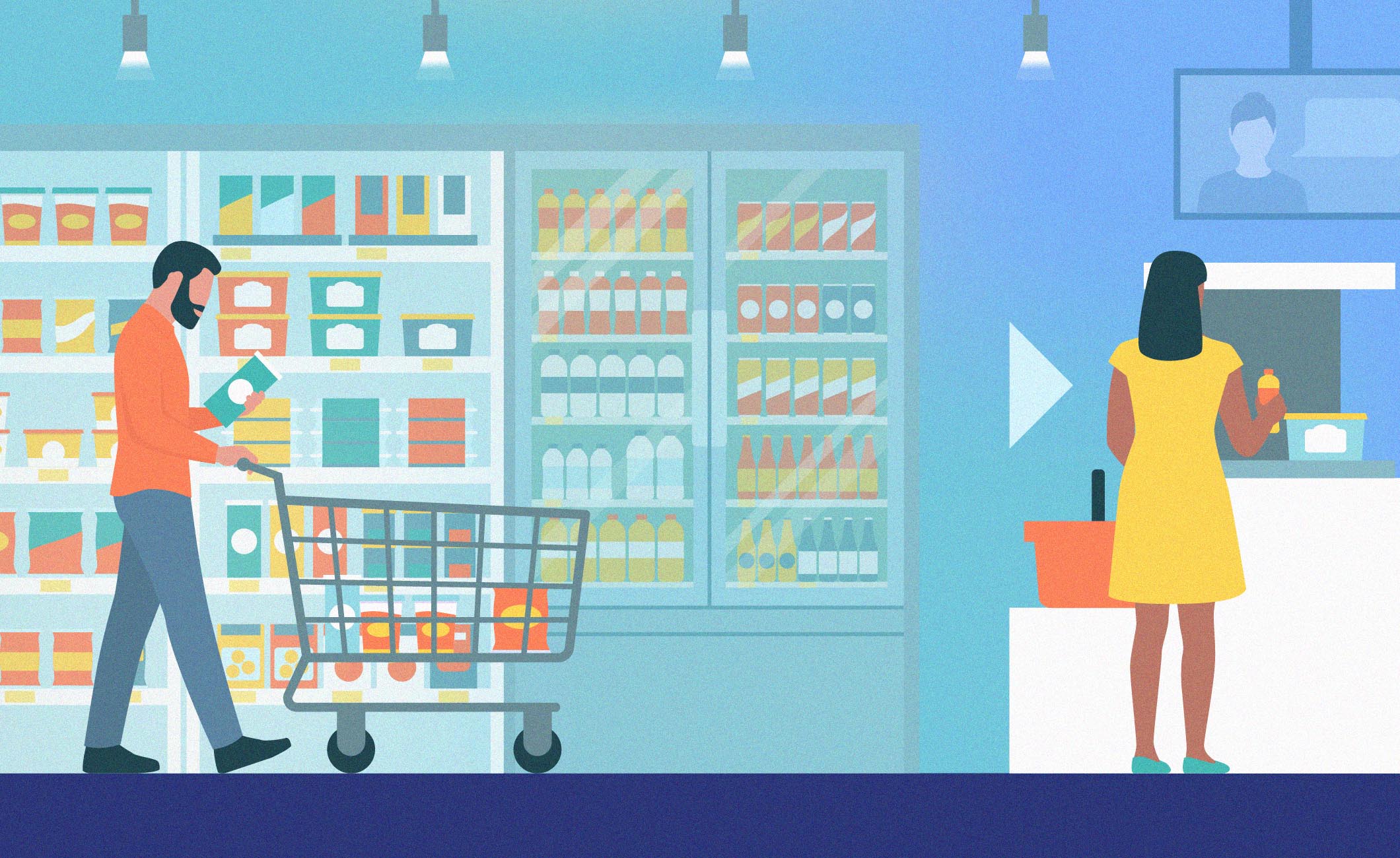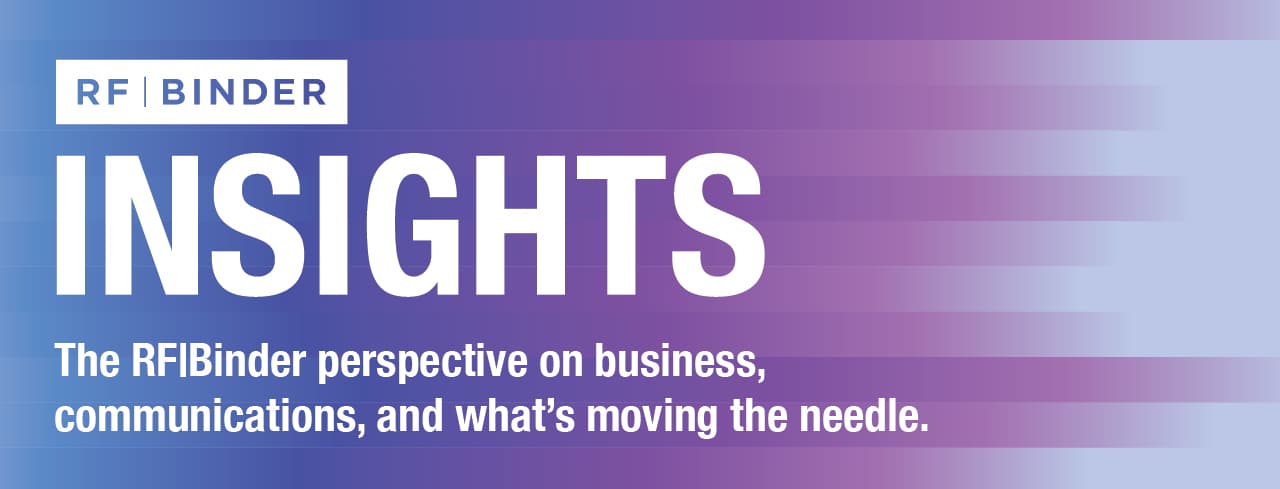Private label brands have seen substantial growth over the years and account for 19% of CPG sales in the US according to NielsenIQ’s 2023 Outlook for Emerging CPG Brands. While part of this growth has recently been driven by inflation, which has caused many consumers to seek budget-friendly options at the grocery store, there is a lot more to it than value. Private labels are no longer just generic, low-cost alternatives – they’ve become quality-driven brands offering retailers the opportunity to meet shopper needs, rival name brands and build brand equity.
At the recent Wall Street Journal Global Food Forum, Target’s EVP and Chief Food and Beverage Officer spoke about Target’s continued private label brands’ innovation to meet consumer demand, launching 300 new products under its Good & Gather brand timed to this fall. And Kraft Heinz Chief Financial Officer Andre Maciel said over the last few months the company has started to see private label competitors keep their prices stable – not following industry price increases and leading to higher “price gaps.” Yet while the price gaps expand, the gap in quality between private label and name brand products is narrowing, with many private labels today claiming – and proving – to be superior to their name brand counterparts.
This trend goes hand in hand with the rise of a new generation of shoppers who are less loyal to name brands and more open to store brands. And with almost 20% of consumers buying more private label products, this number is expected to grow. With this big opportunity in mind, experts from our food and beverage communications team included strategies retailers should prioritize to stay relevant, grab consumer attention and ultimately generate sales.
Keep Innovation Top of Mind to Deliver Differentiated Customer Experiences
More than 81% of food retailers and manufacturers see innovation as the top strategy to increase private label market shares, according to The Food Industry Association. This starts with product innovation and the need to use consumer insights and data to continue producing new products and seasonal solutions that meet consumer needs. There’s no shortage of new products: Target’s Good & Gather brand has debuted almost 2,500 products with several line extensions including plant-based, organic and seasonal items, Kroger launched 680 products last year, and Albertsons added more than 800 new products in 2021.
Private label brands also give retailers an edge compared to national brands, as they have the flexibility and adaptability to respond more quickly to consumers’ evolving tastes and preferences. Product development for private label brands can occur at a much faster rate than national brands enabling them to introduce new products, and change existing products, to quickly satisfy these changing consumer expectations and preferences. Not to mention, retailers have consumer insights at their fingertips and the power to track trends across brands and customer patterns, lending them a significant advantage as it comes to product development compared to CPG manufacturers.
And retailers haven’t just been innovating with products. Consumer-friendly packaging that’s “outside the box” like bottles of liquid spices, party-ready wine in a pouch and easy-open lids is providing another way for retailers to deliver a differentiated consumer experience.
Align Your Business and Communications Strategy to Build the Brand
Another trend with an eye on consumer experience, and business strategy, is the consolidation of private label lines. As retailers understand the consumer shopping experience has become more fragmented today, this provides them with the opportunity to shape their brand portfolio around the consumers. While some retailers have dozens and dozens of private labels, one retailer has reinvented the game. In 2021, 32% of the Costco’s total sales came from its private label brand Kirkland Signature. Unlike many other retailers, all of Costco’s private label products are Kirkland, from its batteries to its peanuts. But it hasn’t always been that way. A few decades ago, there were dozens of Costco private label brands available. But Jim Sinegal, Costco’s co-founder and CEO at the time, decided these 30+ private label brand names were forgettable and found a major opportunity to overhaul the company’s private label strategy. And today, Kirkland is America’s biggest consumer packaged goods brand measured by sales.
Some retailers have made small steps to follow in Kirkland’s footsteps, including Sam’s Club streamlining its 21 private brands into its Member’s Mark brand in 2017. More recently, Albertsons Companies announced that it would consolidate and rebrand its Signature Farms, Signature Care, and Signature Cafe products under one master brand, Signature Select.
The strategy to align the portfolio of private label brands to consumer demand is one way to allow some retailers to focus. While this consolidation approach may not be the right growth strategy for all retailers, finding the right balance between generating more brand recognition and offering consistency for consumers to help build the brand is key.
At RF|Binder, we have developed a strategic framework called the Clarity Lens™ to ensure alignment between your business strategy, your brands and your communications strategy. At the core, it sounds simple enough but driving clear, consistent communications to your audiences requires collaboration across many different aspects of the business. It requires considering a clarity of impact that you are looking to achieve, a clarity of connection with your key audiences, and a clarity of language in how you consistently and directly engage with consumers.
Be Recognizable and Consistent – and Create an Emotional Connection
For retailers that have a large portfolio of private label brands, it’s essential that your brands have a recognizable look and feel to stand out on shelf. This also includes having a clearly defined customer value proposition for each brand that meets a distinct consumer need. A consistent brand identity system across all private label SKUs will allow consumers to easily identify a retailer’s brand and help foster brand affinity and loyalty.
To that end, private labels are no longer just about product marketing – it’s about brand building with differentiated quality and claims. From sustainable sourcing and clean ingredients to innovative products, brands need to prove they aren’t just national brand imitators. Case and point: Trader Joe’s as a true trendsetter in the category. Over 80% of the products sold at Trader Joe’s are truly unique private label products – and of course exclusive to the retailer.
But Trader Joe’s strategy has also focused on storytelling and developing an emotional connection with consumers beyond brand awareness. Its unique portfolio of products has led to unprecedented brand love, with many fans awaiting the annual Product Hall of Fame to learn which products topped its Customer Choice Awards, rooting and voting for their own favorites.
Private Label Portfolios Are Achieving Such Scale That They are Leading Innovation and Category Expansion
It’s clear that private label brands are proving that they are no longer just about value. Consumers aren’t just trading down to private labels, many prefer it and are trading up. As Private Label Manufacturers Association President Peggy Davies stated, “Store brands are no longer copycats. Our industry is now cutting edge in category after category.”
Want to learn more? Reach out to our team here – we’d love to chat.

